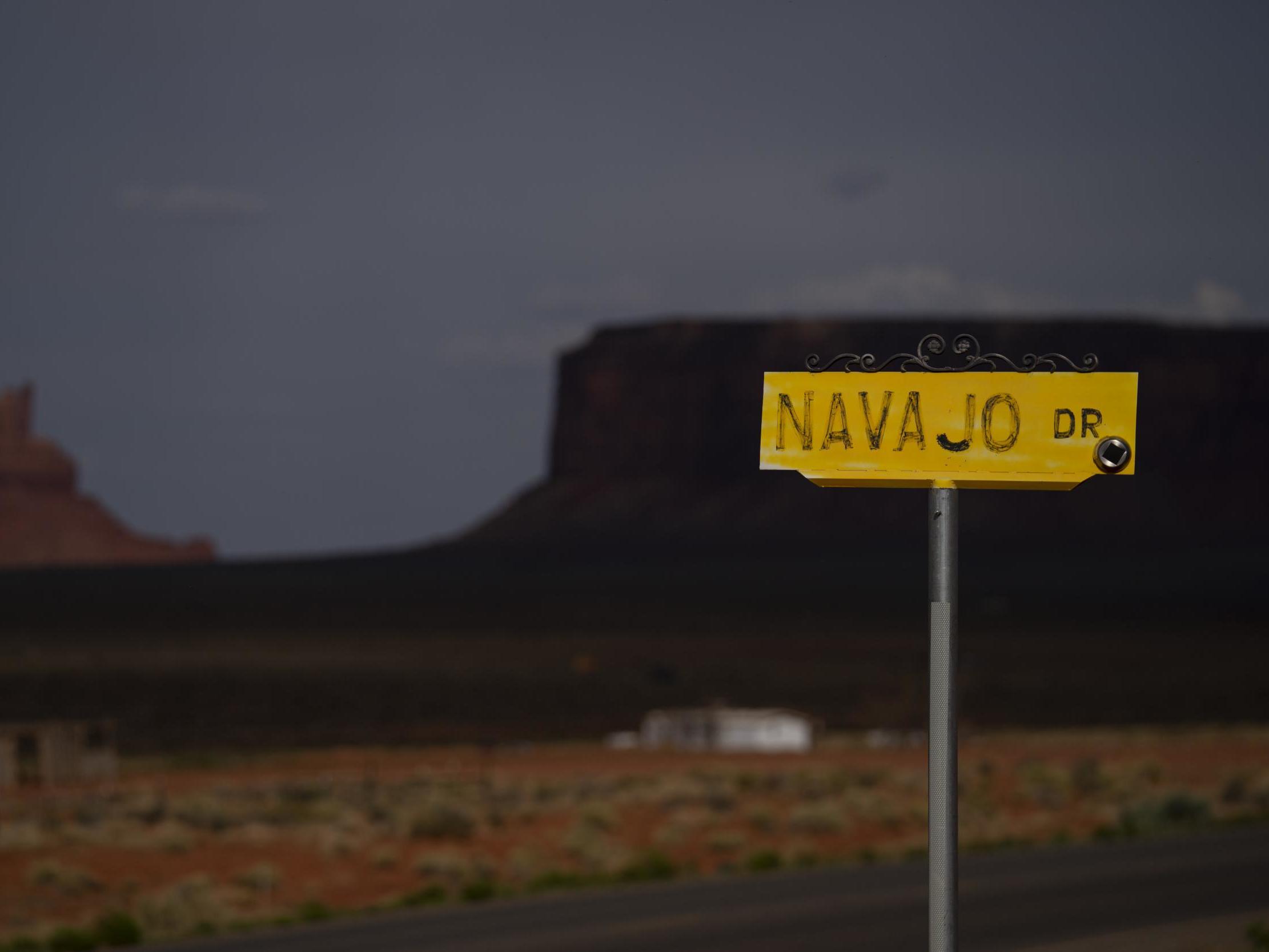Coronavirus: Doctors Without Borders sends team to Navajo Nation, worst hit-area in US
‘You can’t expect people to isolate if they have to drive 100 miles to get food and water’

Your support helps us to tell the story
From reproductive rights to climate change to Big Tech, The Independent is on the ground when the story is developing. Whether it's investigating the financials of Elon Musk's pro-Trump PAC or producing our latest documentary, 'The A Word', which shines a light on the American women fighting for reproductive rights, we know how important it is to parse out the facts from the messaging.
At such a critical moment in US history, we need reporters on the ground. Your donation allows us to keep sending journalists to speak to both sides of the story.
The Independent is trusted by Americans across the entire political spectrum. And unlike many other quality news outlets, we choose not to lock Americans out of our reporting and analysis with paywalls. We believe quality journalism should be available to everyone, paid for by those who can afford it.
Your support makes all the difference.Doctors Without Borders has sent a team to the Navajo Nation, after the community became badly affected by the coronavirus pandemic.
The organisation sends doctors to areas of international conflict, and has healthcare professionals stationed in 70 countries worldwide.
However, a team of nine doctors have been sent to Navajo Nation, a Native American territory in the US that covers parts of Arizona, Utah and New Mexico, as communities are struggling there amid the outbreak.
According to CBS News, Navajo Nation, which has a population of around 170,00, has the worst coronavirus cases per capita in the US.
The Washington Post reported that as of Sunday, upwards of 3,122 people had contracted Covid-19 in the area, and more than 100 people had died.
Jean Stowell, who is the head of the organisation’s US based Covid-19 Response Team, told CBS News that Doctors Without Borders needed to intervene.
“There are many situations in which we do not intervene in the United States, but this has a particular risk profile,” she said.
One in three people in the Navajo Nation are estimated to not have access to running water, and because not much grows in the area, communities are heavily dependent on outside help for food.
Ms Stowell added that this means that “situationally, the Native American communities are at a much higher risk for complications from Covid-19 and also from community spread because they don’t have access to the variety of things that make it possible to self-isolate.
“You can’t expect people to isolate if they have to drive 100 miles to get food and water,” Ms Stowell added.
The Doctors Without Borders team is planning on staying in the area until at least the end of June, but the outlet report that they are able to stay longer if the situation continues to badly affect the communities.
“When we’re looking at the epidemiologic curves from the rest of the world, we know that this is a long haul,” Ms Stowell said.
“So, at this point, that team is planned to be there until the end of June. Whether that will continue really has to do with how effective the measures that are taken are in reducing the infection rate, and the capacity of other actors.”
According to a tracking project hosted by Johns Hopkins University, there are now more than 1.3 million people who have tested positive for coronavirus in the US. The death toll has reached at least 80,897.
Join our commenting forum
Join thought-provoking conversations, follow other Independent readers and see their replies
Comments